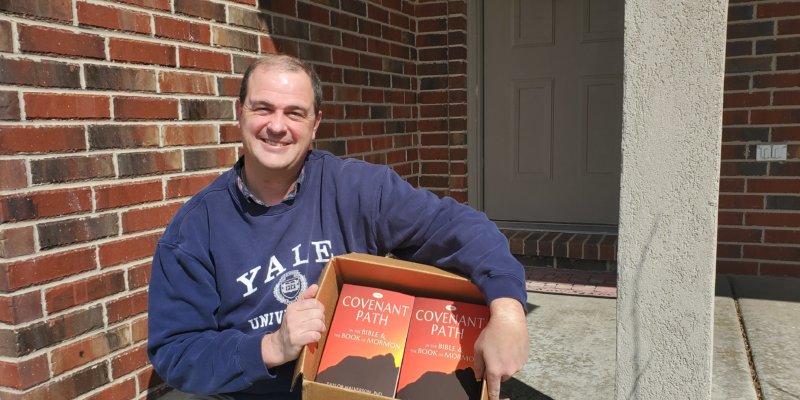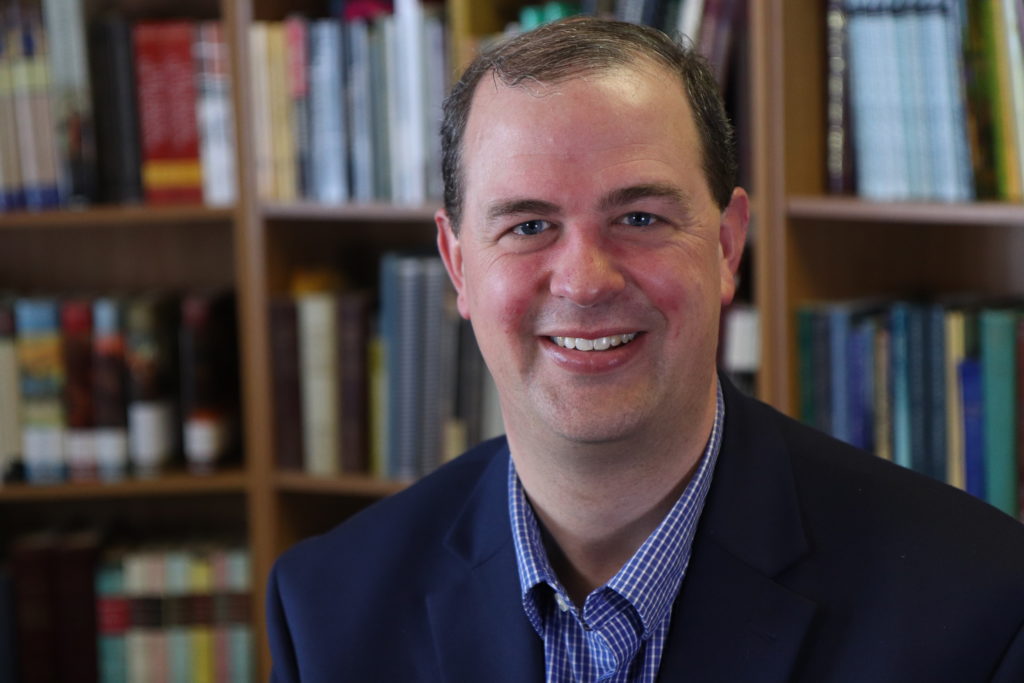Often those who oppose online learning (such as those opinions voiced in “The Trouble with Online Education“) usually (1) don’t define what they mean by online learning, (2) have never seriously or officially participated as a student or a teacher in online learning, (3) have never studied what the research says about online learning, (4) are personally or professionally vested in the maintenance of traditional forms of education, and (5) do not bring to the conversation the same type of dispassionate, scientific approach they would to any other important question. Instead, they draw upon personal experience and anecdote as valid forms of evidence. Are such forms of evidence valid? Yes, they can be. But in the context of a scientific approach to knowledge and truth, they are entirely insufficient. No scientist would make grand claims about biology simply because they are a living organism and hence have personal experience as a living organism and can speak authoritatively about it. Nor would they turn to friends or colleagues or a familiar community for “evidence” about what biology is because each of those individuals is a living organism. Then why do those in the business of education continue to believe their claims and opinions about education are valid and sufficient without engaging in scientific approaches to questions of education, simply because they have personal experience? Such approaches would hold in no other respectable academic field.
Why do opinionators, such as Mark Edmundsen, defend traditional lectures? What does he or anyone have to lose by seriously questioning whether there are other, or better, forms for learning than traditional lectures? Yes, the lecture has been the dominate format for centuries (yet the lecture is technologically more than 500 years behind the times here and here). But if education is, in part, about getting students to question assumptions, then why can’t those in the business of education lead by example and question their own assumptions about the role and value of traditional forms of education? What do we have to lose from a dispassionate, thorough, long-term, rigorous, scientific study of the pros and cons of traditional forms of education for achieving specific learning goals or outcomes? If it turns out that our approach of scientific reasoning confirms that traditional forms of education are the best, then excellent, we’ve used the system we teach (critical thinking, scientific reasoning) to confirm our hypothesis. If, however, scientific reasoning demonstrates that other forms of teaching and learning are better suited to achieve certain learning outcomes, what do we truly have to lose from making the shift? We should never fear the truth. If those in the business of education expect students to not fear the truth (which often means changing dearly held conventions, opinions, and ways of thinking, being and doing), then we should lead by example and not be fearful of truths that we may discover about seriously studying the pros and cons of traditional forms of education, especially the lecture.
As a follow up to these ideas, any teacher should ask themselves if they are more capable entirely on their own, without the aid of any outside intervention such as learning analytics, of knowing their students, knowing how they learn, and knowing how to help them learn. On the flip side, why wouldn’t a caring teacher avail themselves of the very best insights and approaches to help their students learn? Would any deeply caring teacher be so ideologically committed to a cause that they would short-change students by not giving students the very best possible simply because a teacher was uncomfortable with breaking out of their own ideological confines (e.g., “I refuse to make use of learning analytics and other relevant data to guide advice I provide to students about learning choices“).
I’m a lover of the Humanities. I’m a student, teacher, and scholar of the Humanities. The Humanities are a key component of learning what it means to be human. However, I fear that those in the Humanities (such as Mark Edmundsen), or in any field, that defend “tradition” by the vacuous arguments based on personal experience, feelings, or “it’s always been this way” will be overwhelmed by the tide of change that is disruptively rippling through the business of education. And instead of convincing humanity why the Humanities matter, which is such a deeply important cause, the Humanities end up defending indefensible positions about the manner in which learning should occur. They lose a battle that is theirs to win (why the Humanities matter) because they fight a battle that they will lose (defending traditional forms of education, especially on grounds of non-scientific reasoning).





